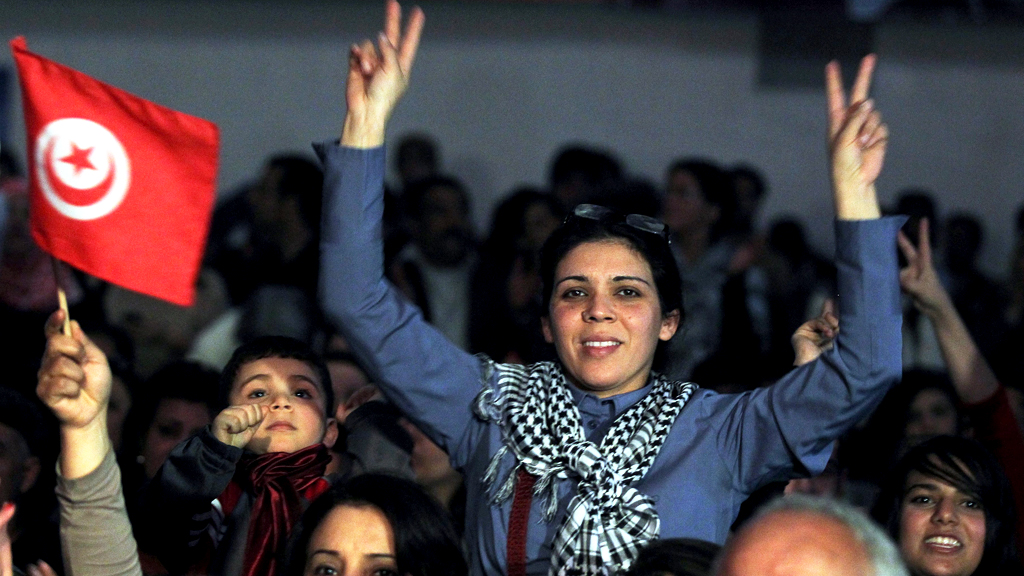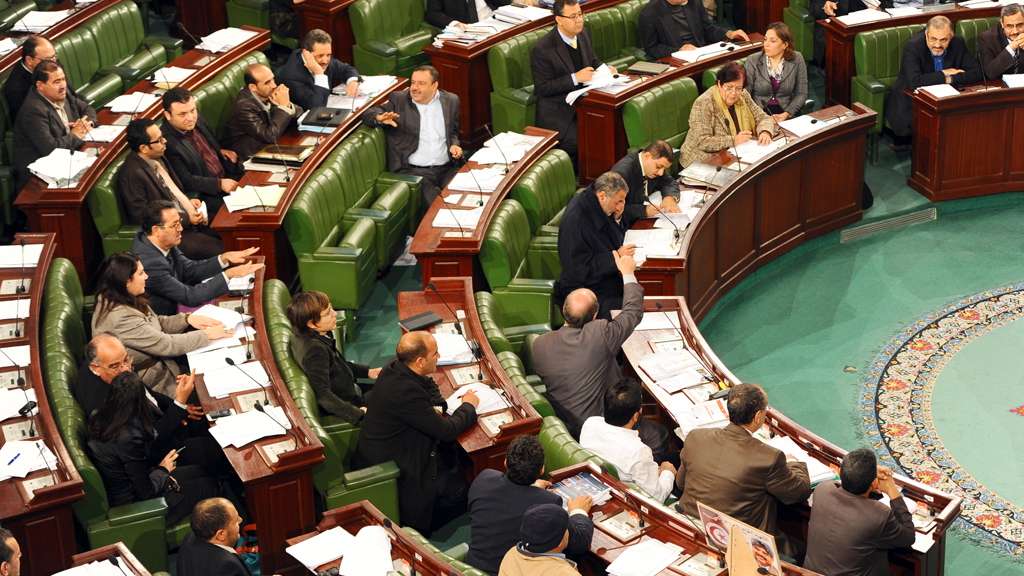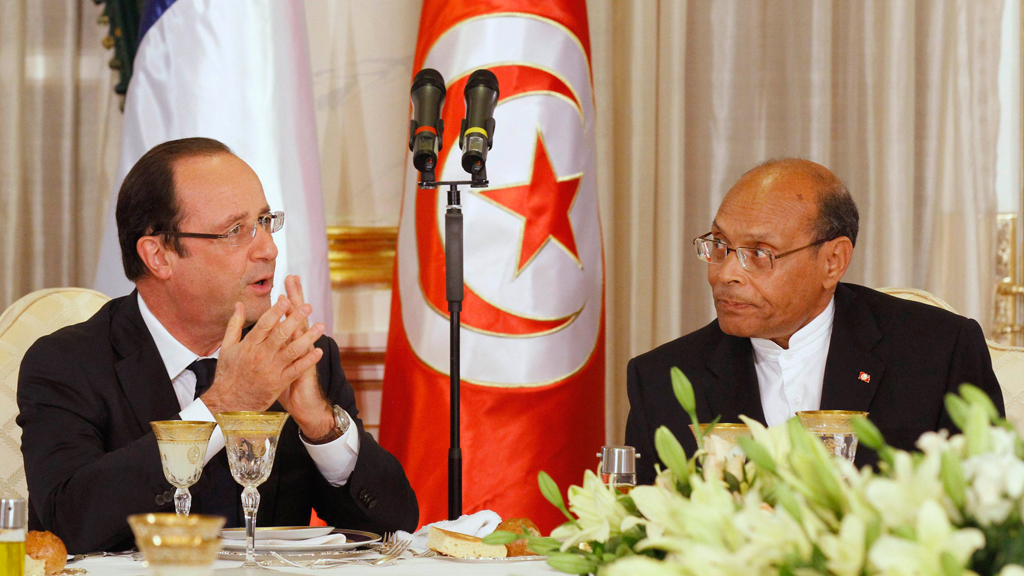Last chance

Syria is being torn apart by civil war. In Egypt, a military-backed government is suppressing criticism, the opposition and the Muslim Brotherhood. Libya is disintegrating into small regions that are run by clans or religious groups. The Arab Spring seems to have failed.
In the country where everything started, however, everything is still open. Tunisia could still develop into a democracy or a dictatorship. Should democracy prevail, that would prove that democracy is not only possible but also compatible with Islam in the Arab world. Should the country slide back into some kind of autocracy, however, the courage for another democratic uprising will fade across the entire region for a long time to come.
Europe has an interest in democratic governance on all shores of the Mediterranean. The EU should do everything to promote a positive change in Tunisia. It would certainly be wrong for Western politicians to get involved in domestic power struggles. Tunisians tend to be quite sensitive about Europe telling their country what to do, which is why any clear taking of sides could drive them into the arms of the Islamists.

No rapid change on the horizon
Tunisians will only want democracy in the long run if it eventually pays dividends in economic and social terms. For many, the situation has deteriorated since Ben Ali was toppled almost three years ago.
Although a change is not to be expected in the short term, the nation needs the prospect of improvement in the medium to long term. After the end of the Cold War, eastern Europe's transition to democracy and open markets was surprisingly smooth and peaceful, even though living standards initially deteriorated for large parts of the population. This is why it was so important that people had a promising prospect on the horizon: accession to the EU.
There are good reasons for offering Tunisia the prospect of EU membership in a similar way today. The country is so small that it could easily be integrated into the EU. The economic advantages of membership would probably help to reign in many sceptics in the Islamist camp. In any case, they would struggle to convince Tunisians of foregoing the opportunity of a better future in the EU. Obviously, stable democracy would have to be a precondition for accession.
Once Tunisia is ruled democratically, it could serve as a model to other Arab countries. The idea of democracy would never die again in the region. At the same time, the EU would be able to demonstrate that its founding principles are indeed the rule of law and democracy, rather than religious affiliations. Unfortunately, this will prove very difficult for two reasons:
Firstly, other Arab countries would demand accession to the EU. One of the first would be Morocco, a country that was already once a candidate for membership. However, Morocco is still ruled by a king who personally owns more than a quarter of private-sector businesses and is currently rolling back many liberalising reforms of recent years.

Secondly, there is no consensus in the EU that its foundations are exclusively of a secular nature. Conservative leaders like to emphasise the continent's "Christian-Jewish" identity even though Christians are no longer the majority in several member states and European history shows that Christians and Jews were kept apart for many centuries.
Privileged partnership
It would certainly not be possible to convince the public in many EU nations of the merits of Tunisian membership at this point. However, there is no reason not to offer the country a privileged partnership. The EU should open its single market to Tunisian goods as fast as possible.
Although a free trade agreement is already in place, it exempts many services and agricultural products with which Tunisia could compete with Europe. Some vegetables, for instance, may only be imported to the EU from Tunisia at times when they are not being harvested in any member states.
Opening the market to Tunisia would boost its economy and generate growth where it is needed most: in labour-intensive sectors that create jobs and boost incomes for the poorer sections of the population. If the EU wants to gain the kind of soft power it enjoyed in eastern Europe after the fall of the Berlin wall, it must speed up its trade negotiations with Tunisia, which have been going on for more than a year now.
Markus Loewe
© Development and Cooperation 2014
Editor: Aingeal Flanagan/Qantara.de
Markus Loewe is an economist at the German Development Institute.
